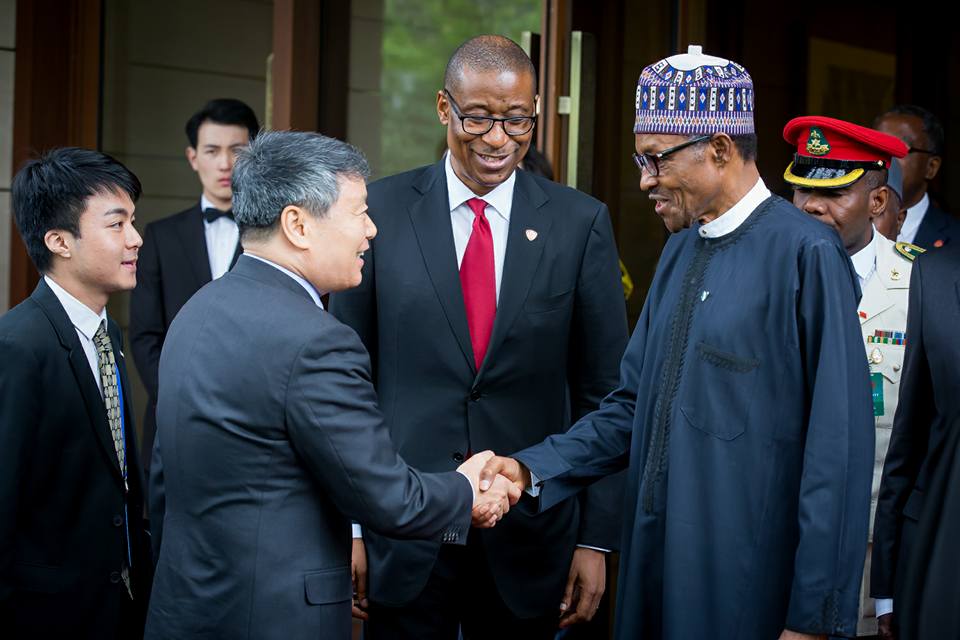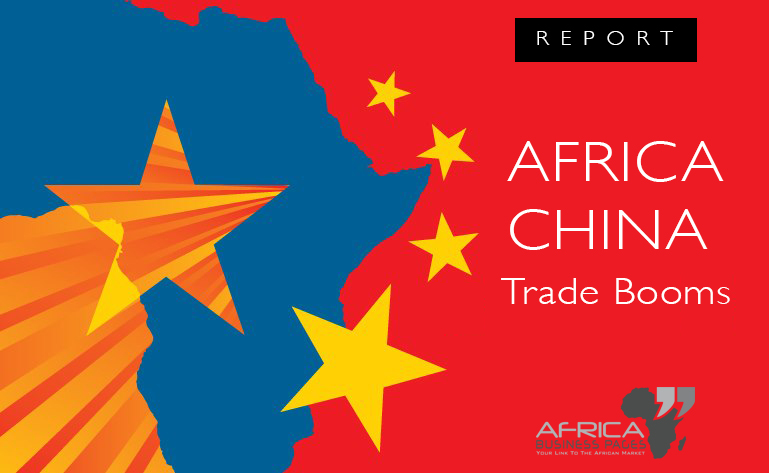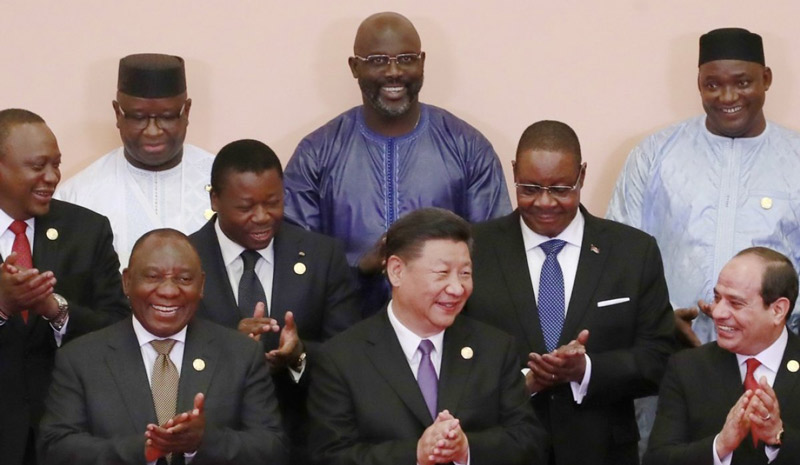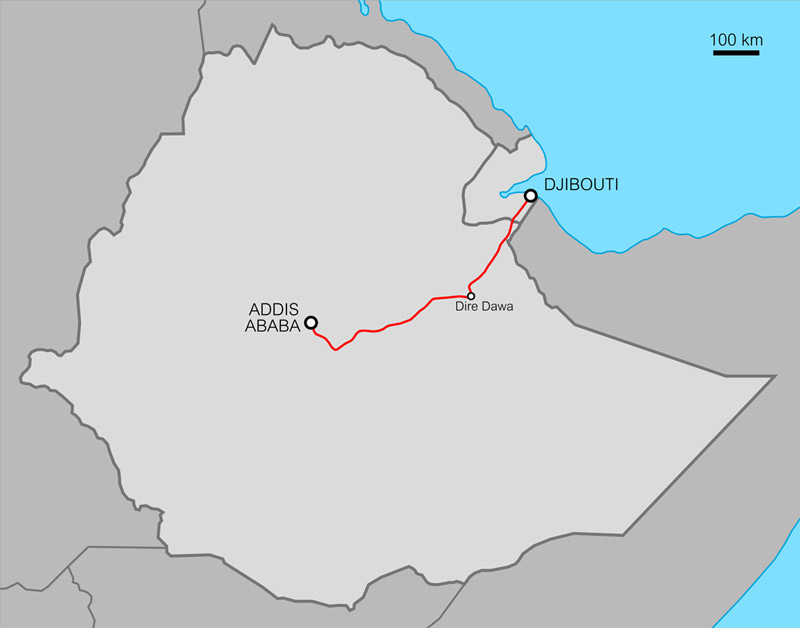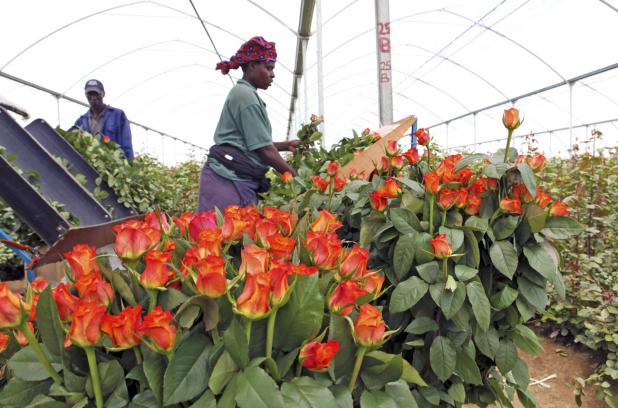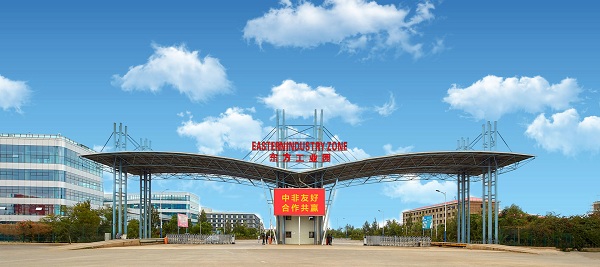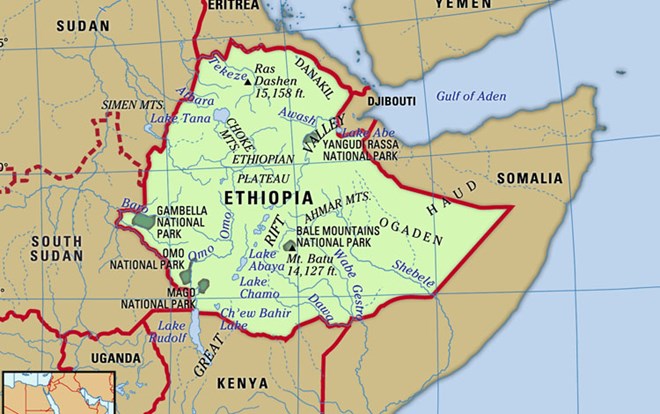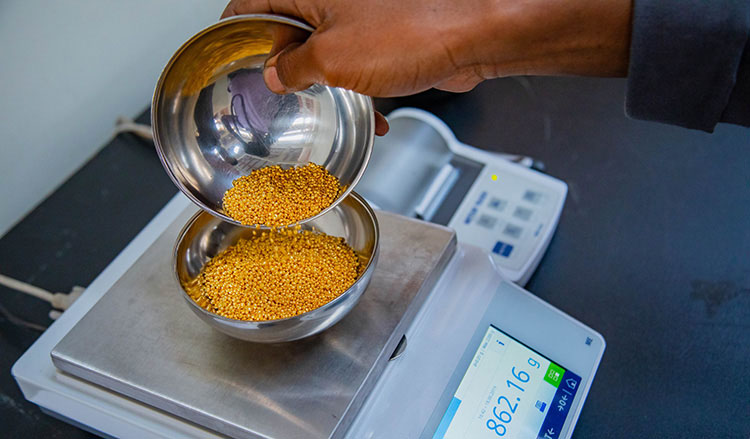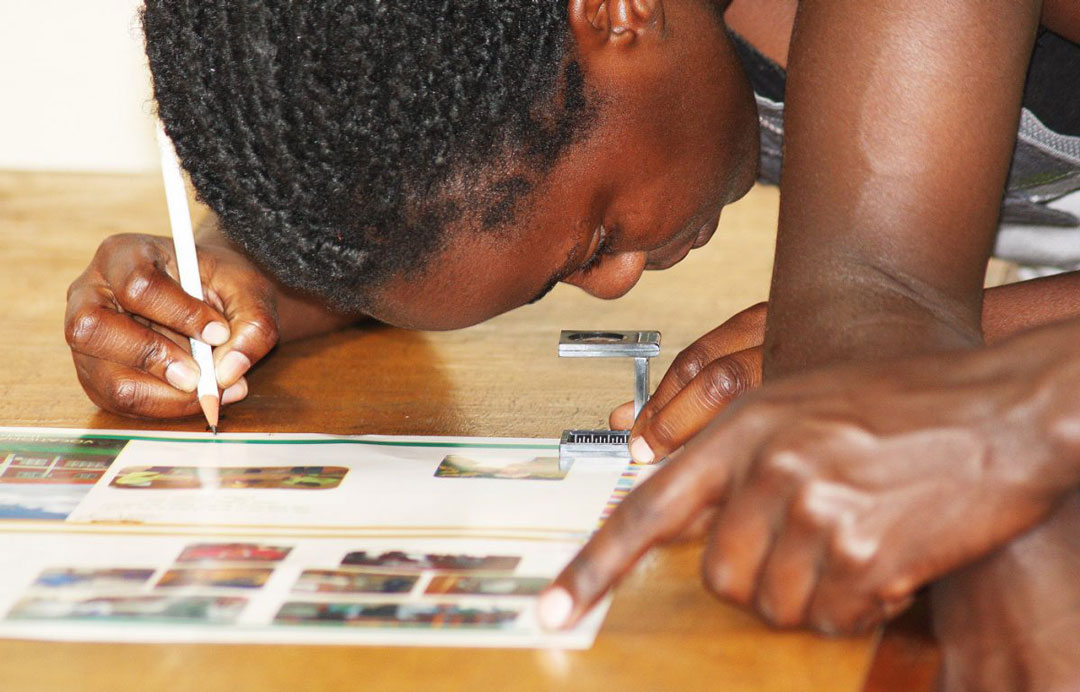New generation of leaders driving Africa’s next phase of growth
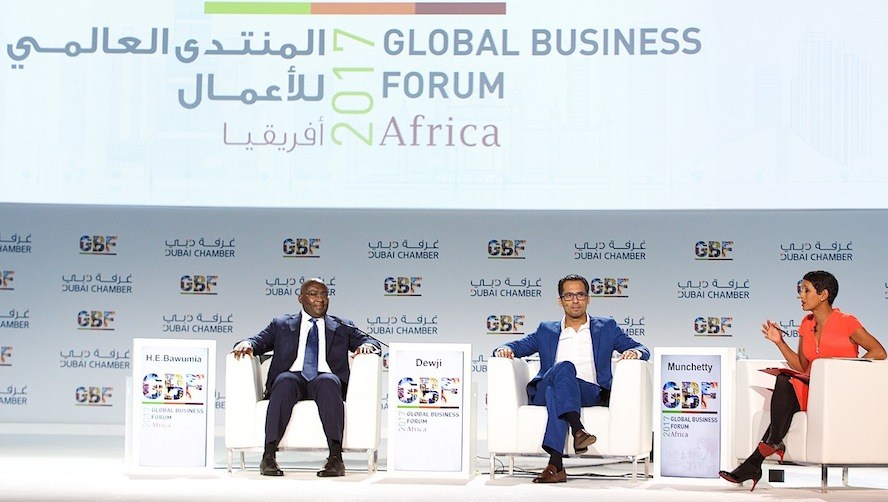
A new generation of leaders is driving Africa’s next phase of growth, says Ghanaian Vice President
Dubai, UAE: A new generation of leaders is playing a key role in driving change and economic growth in Africa, H.E. Dr. Mahamudu Bawumia, Vice President of Ghana told delegates during the Global Business Forum on Africa 2017 in Dubai.
The high-level forum, organised by the Dubai Chamber of Commerce and Industry, took place at Dubai’s Madinat Jumeirah. The event was held under the patronage of H.H. Sheikh Mohammed bin Rashid Al Maktoum, Vice President and Prime Minister of the UAE and Ruler of Dubai.
“There is a lot of room for growth in terms of industry in Africa. Only 11 per cent of the continent’s combined GDP comes from industry, which is quite low when compared with Asia or Latin America,” said H.E. Bawumia during a session entitled, “Industrialisation – The Path to Growth?”.
Ghana’s Vice President stressed his view that developing Africa’s industrial sector is key to driving economic growth, while he lauded the progress that has been achieved so far.
Mohamed Dewji, CEO of Tanzania’s METL Group, also participated in the session and highlighted Tanzania as a great example of an African country that has expanded its industrial sector over the last few decades, noting that the country today has 41 different industries.
“The government paved the way by putting in place policies to incentivise manufacturers. These included imposing more tariffs on the import of finished goods than on raw material. This, among many other policies, helped industrialise the country over the years, ” said Dewji.
METL Group’s CEO went on to identify some of the major challenges which African governments must address to ensure growth, including the need for more developed infrastructure to support the movements of goods, lack of access to high-quality power, corruption and regulatory restrictions, adding that Tanzania could potentially grow at 10% per year once these obstacles are removed.
H.E. Bawumia provided an overview of projects and initiatives that are being implemented in Ghana with the aim of developing the country’s industrial sector. He revealed that the Ghana is shifting toward high-tech solutions such as the biometric IDs and digital addresses for the population, which will help facilitate commerce and trade.
“We are moving to a paperless port to remove human interference and minimise corruption. We’ve also adopted a policy of only investing in renewables, which we think will spark a new wave of growth for industry in Ghana,” H.E. Bawumia continued.
Ghana’s Vice President highlighted the need for Ghana to formalise its agriculture industry, a move that he says would unlock huge growth potential. He concluded the session by making his point that a stable macroeconomic environment is needed to encourage investors and manufacturers to invest and develop Africa’s industrial sector.







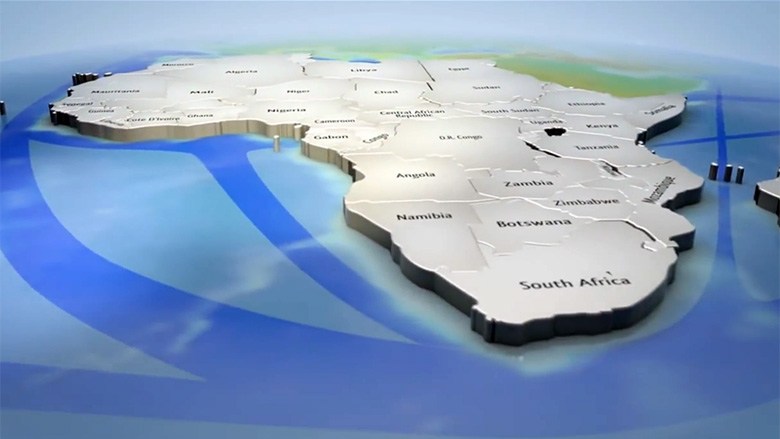
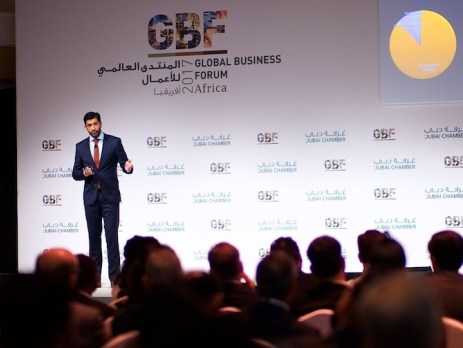
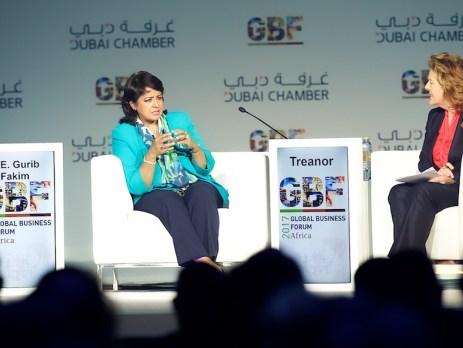

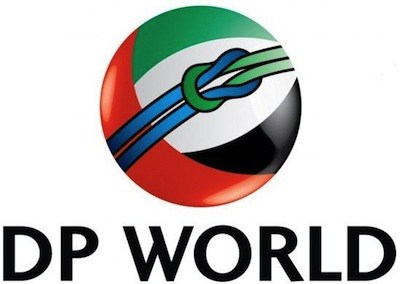


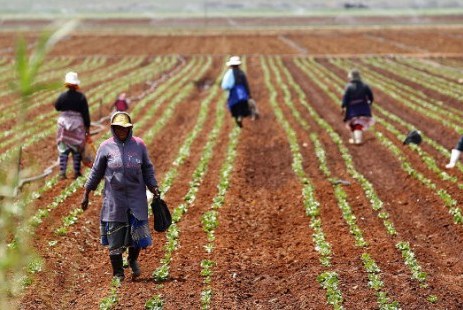



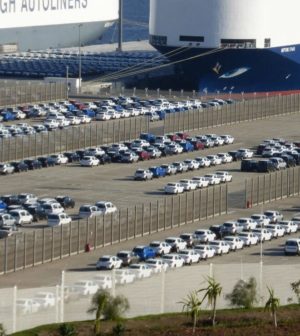

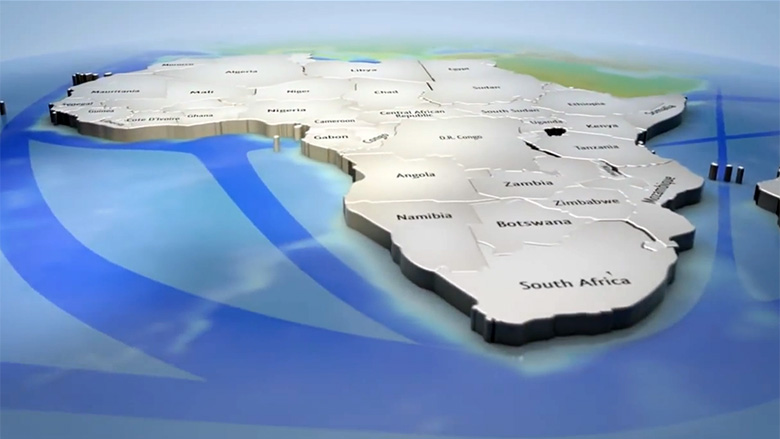



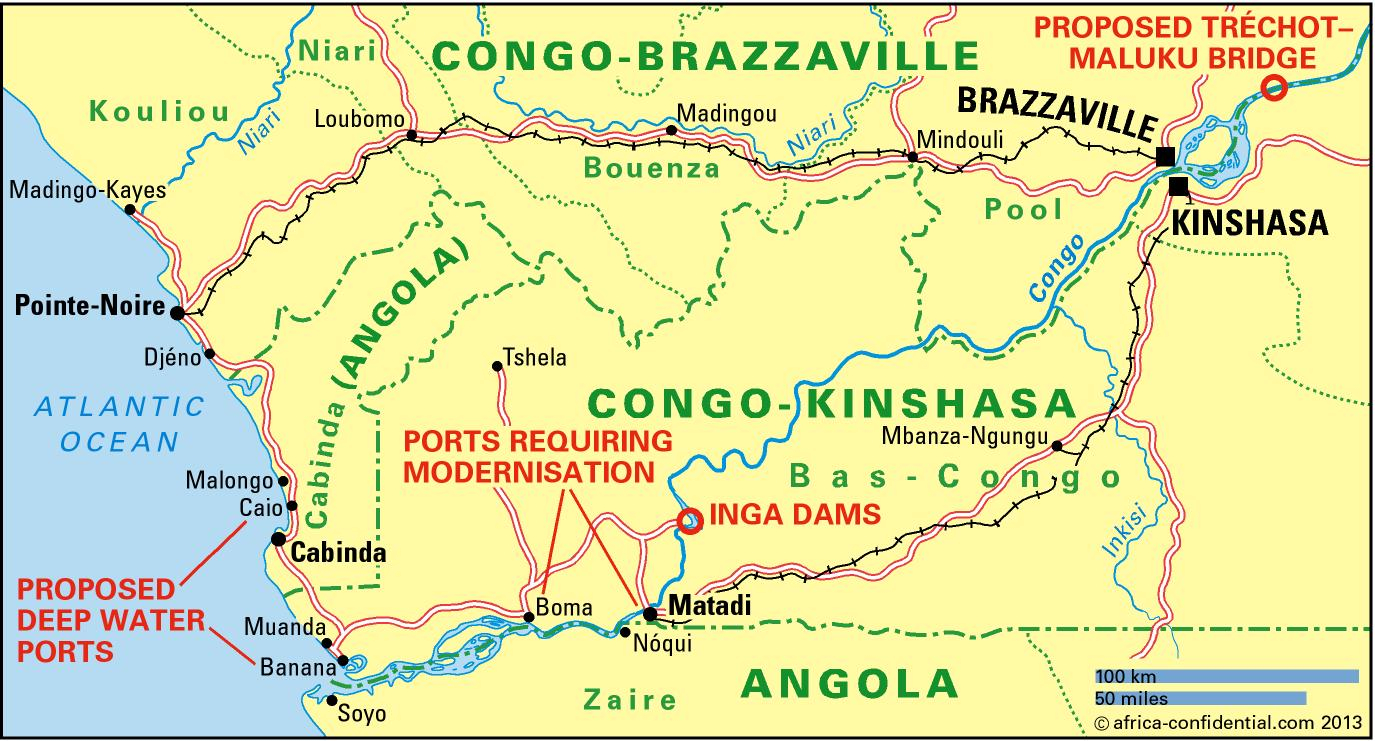


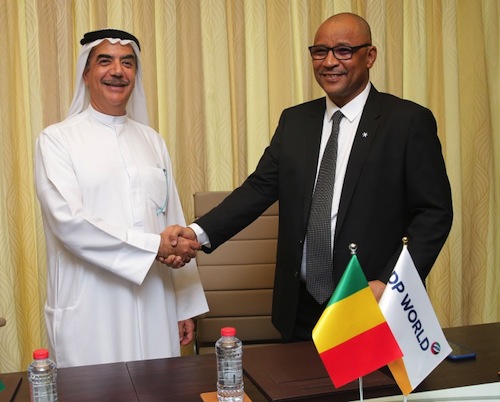



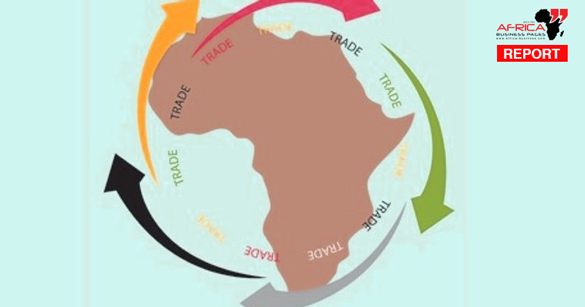

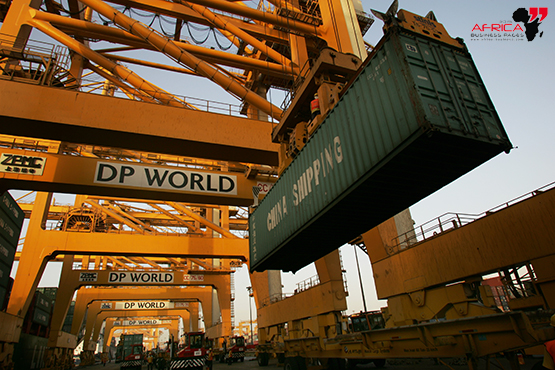

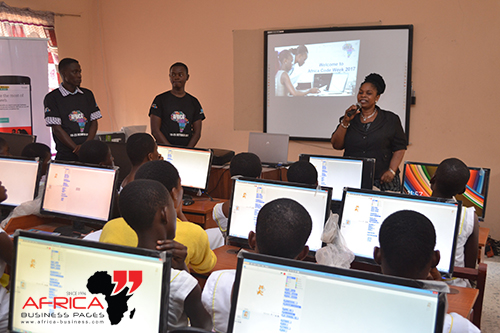
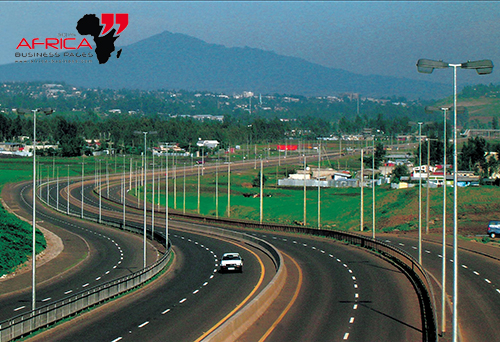


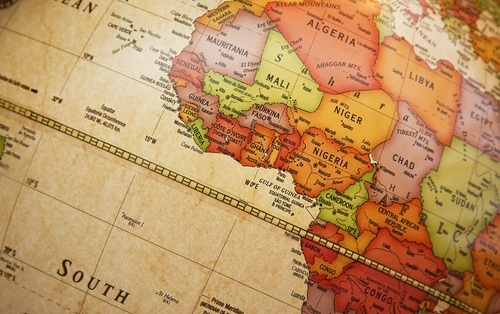
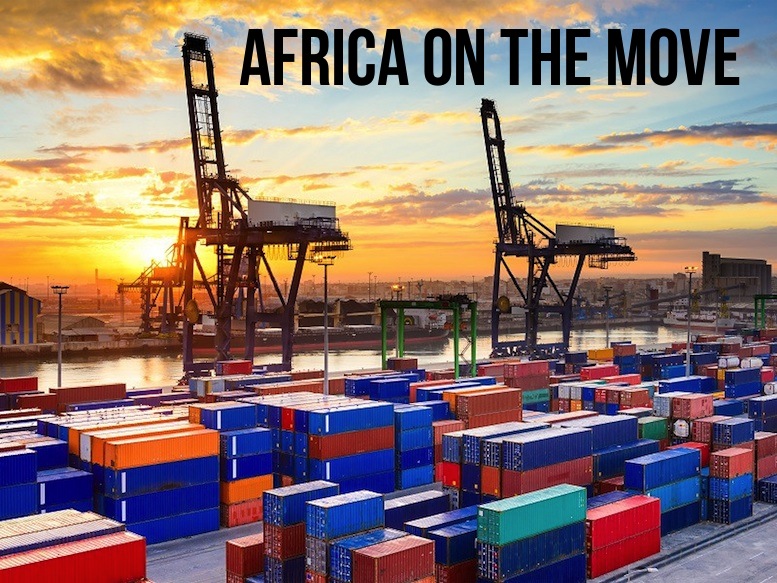
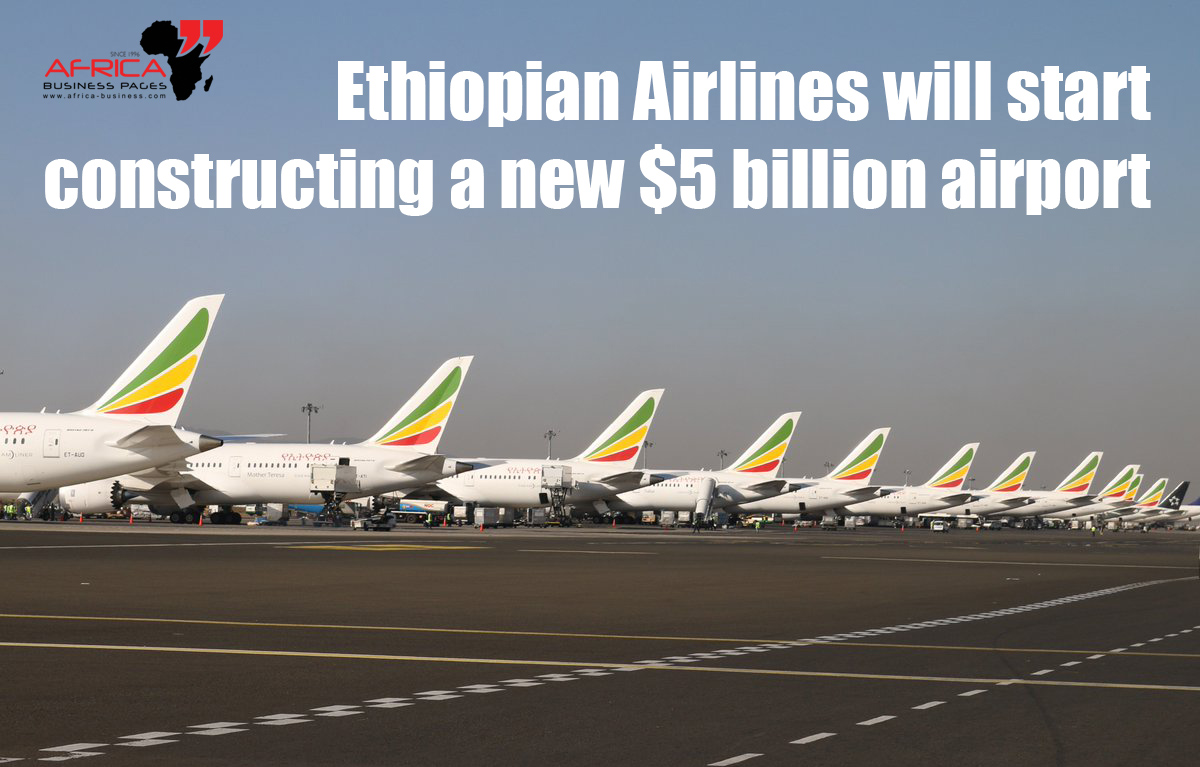





.png)

